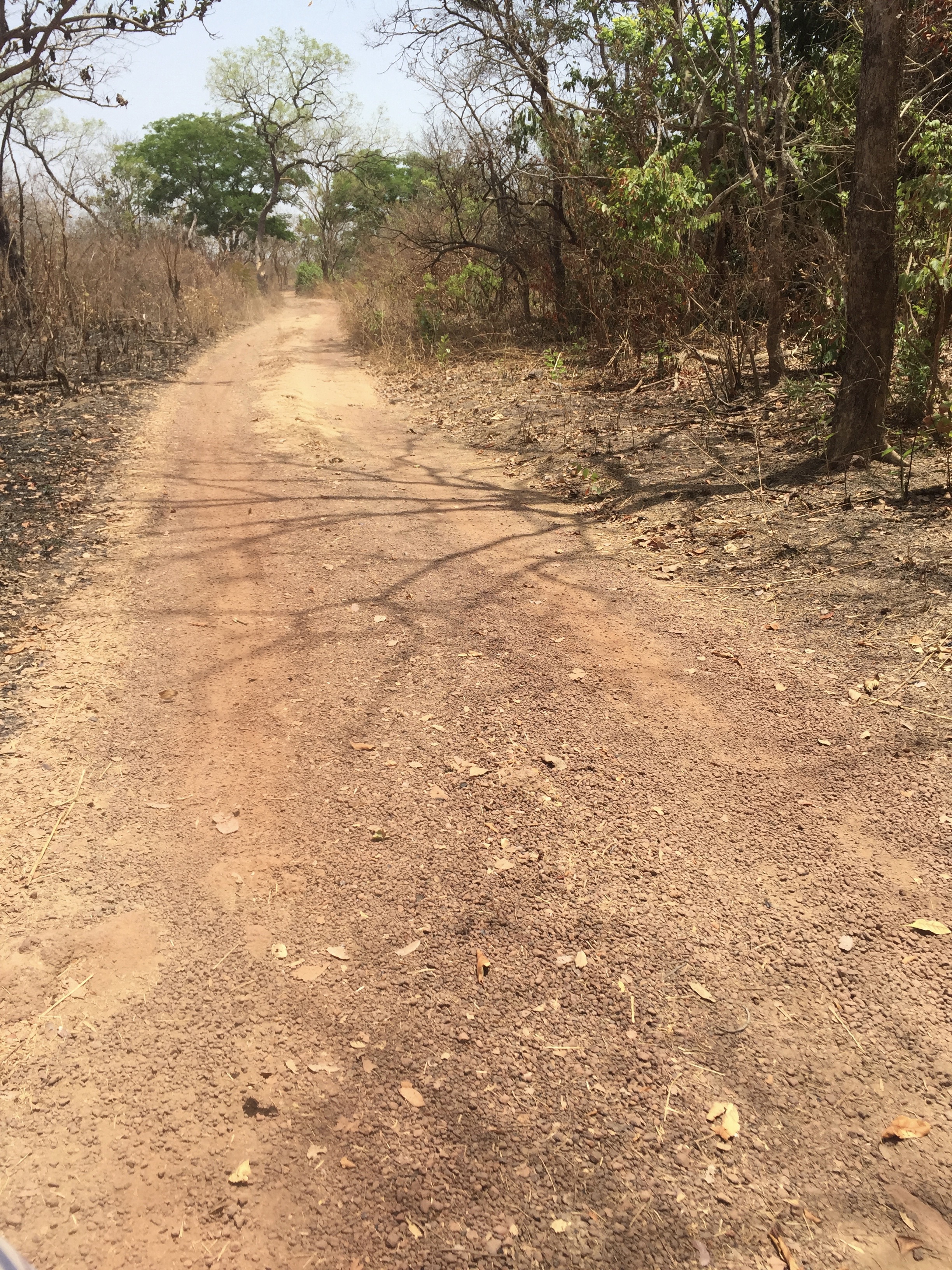El Hadji Balde
El Hadji Balde was from a very prominent family in the town of Candjufa in Portuguese Guinea. Before the war, he worked in the capital of Bissau for the Casa Gouveia, one of the largest commercial houses in the colony. During that time, he actually worked with Amilcar Cabral, who would go on to lead the independence movement. Despite this, during the war he fought alongside the Portuguese because he liked them better (this is likely because his family was closely tied to the colonial government).
He supported Bissau-Guinean independence but thought Cabral and the PAIGC wanted too strong a break with Portugal. In the opinion of him and his friends, an independent Guinea-Bissau should have a strong relationship with Portugal, just like Senegal had with the French. They also wanted an independence without war.
El Hadji had extensive cross-border ties. Before the war, he went to Senegal to trade, and following independence, traded in Gambia for many years. Immediately following the war, he left to the town of Guiro Yero Bocar in southern Senegal, because the PAIGC was searching for ex-Portuguese soldiers. There, he stayed with his brother, who had previously migrated to Senegal. After a few years, he returned to Guinea-Bissau, where he lives today in the town of Candjufa.
Interview
If you received independence like Senegal, would you have accepted that?
That is what we wanted the most. Portuguese and blacks working together, Portuguese supporting blacks, but them [the PAIGC], they preferred total independence.
Did Guinea-Bissau have total or moral independence?
Total.
Did the war tire people?
A lot.
How? Can you give me an example?
PAIGC came and burnt this village, but that was not what Cabral had ordered. Burning down villages was not his agenda. He wanted to talk to people extensively until they understood his intelligence, until they accept his fight, not burning villages.
Why did they burn houses, they didn’t have anything to eat, they didn’t have anything?
They didn’t have food, so they took cows and sheep and millet from people for their food.
After the war did PAIGC accept people who had been Portuguese troops?
At the beginning, they did not accept us. I was a Commandant and we went to Senegal after the war.
Where?
I went to Guiro Yero Bokar. The current village chief is my brother. The same mother and the same father. I ran there and stayed there three years and seven months. The war was completely done and I came back.
When you went there the war had not ended yet?
No, the war was over. When the war ended, they locked up some former Portuguese troops and they were killing others. The PAIGC did that. That is why we ran.
How long did you stay there? Until it was calm?
Until it was calm, and then we came back.
Since you returned you haven’t had any problem? Until today?
Yes, now I am the head of the district; I have eighty-seven villages. I am the ruler.
The PAIGC won, and you came back and reintegrated. How did you reintegrate?
It is because I am a native. I was born here in this land. They cannot tell me that I can’t be someone here. They cannot do that.

